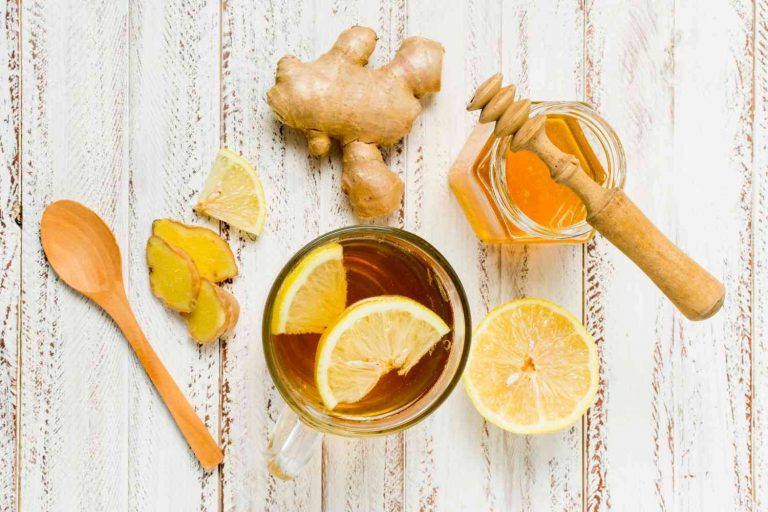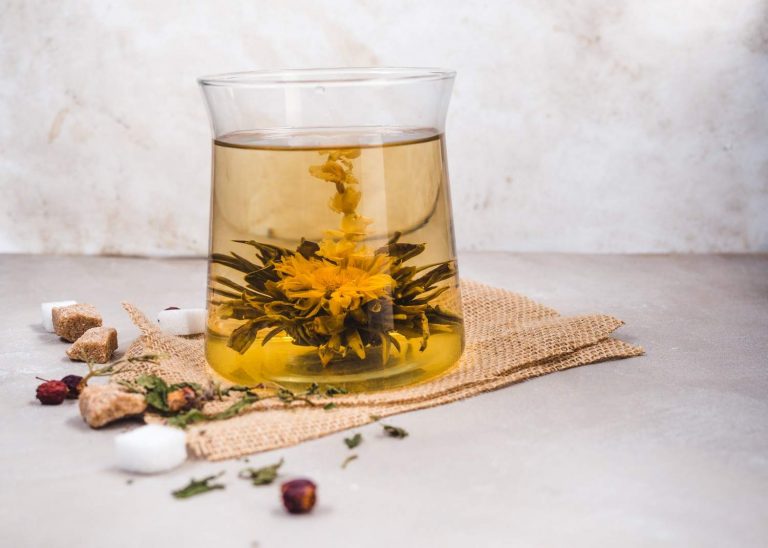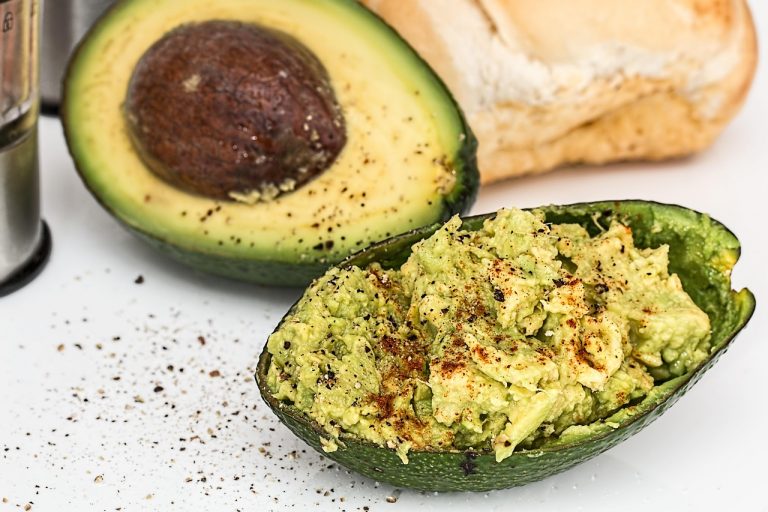Managing PMS naturally is not just a dream—it’s a reality you can embrace. For many of us, the days leading up to our periods can feel like a rollercoaster of emotions, cravings, and discomfort. But guess what? You don’t have to ride that rollercoaster every month. With the right strategies, you can ease those symptoms and reclaim your joy.
PMS, or premenstrual syndrome, affects countless women, causing everything from mood swings to bloating. It’s a significant part of many women’s lives, and understanding how to manage it naturally can empower you to feel more in control. So let’s dive into the ways you can take charge of your body and your well-being.
Contents
1. Nourish Your Body with Whole Foods
What you eat plays a crucial role in how your body feels. When PMS hits, you might crave comfort foods, but those sugary snacks can lead to energy crashes and mood swings. Instead, focus on whole foods:
- Fruits and vegetables: Packed with vitamins and minerals.
- Whole grains: Opt for quinoa, brown rice, and oats.
- Lean proteins: Think chicken, fish, and legumes.
These foods help stabilize blood sugar levels, making it easier for your body to cope with hormonal changes.
2. Stay Hydrated
Did you know that dehydration can worsen PMS symptoms? Staying hydrated is essential. Aim for at least eight glasses of water a day. Here’s how you can make it easier:
- Infuse your water: Add slices of lemon, cucumber, or mint for a refreshing twist.
- Herbal teas: Chamomile and ginger tea can be soothing.
Proper hydration can alleviate bloating and help you feel more energized.
3. Embrace Regular Exercise
Exercise isn’t just for weight management; it’s a powerful PMS-buster. Regular physical activity releases endorphins, which can elevate your mood and reduce pain. You don’t need to hit the gym hard—find what works for you:
- Walking: A brisk walk can clear your mind.
- Yoga: Gentle stretches can ease tension and promote relaxation.
- Dancing: Let loose and have fun!
Aim for at least 30 minutes most days, and you’ll notice a difference.
4. Explore Herbal Remedies
Nature has provided us with some incredible options to manage PMS symptoms. Here are a few herbs that might help:
- Chasteberry (Vitex): This herb has shown promise in balancing hormones.
- Evening primrose oil: Rich in omega-6 fatty acids, it may reduce breast tenderness.
- Ginger: Known for its anti-inflammatory properties, it can soothe cramps.
Always consult with a healthcare provider before starting any new supplement.
5. Prioritize Sleep
Your body does a lot of work while you sleep, including hormonal regulation. Poor sleep can worsen PMS symptoms. Here are some tips for better sleep:
- Create a bedtime routine: Wind down with calming activities like reading or meditation.
- Limit screen time: The blue light from screens can disrupt your sleep cycle.
- Keep your room cool and dark: Create an inviting sleep environment.
Aim for 7-9 hours of quality sleep each night.
6. Manage Stress
Stress can amplify PMS symptoms, making it crucial to find ways to relax. Consider these techniques:
- Mindfulness meditation: Focus on your breath and ground yourself.
- Deep-breathing exercises: Helps calm your nervous system.
- Journaling: Write down your thoughts and feelings to release pent-up emotions.
Finding what works for you can make a world of difference.
7. Maintain a Healthy Weight
Weight fluctuations can impact hormone levels and PMS symptoms. Focus on a balanced diet and regular exercise to maintain a healthy weight. This doesn’t mean drastic diets; it’s about finding a sustainable lifestyle that feels good for you.
8. Limit Caffeine and Alcohol
While that cup of coffee may seem essential, caffeine can heighten anxiety and irritability, while alcohol can disrupt your sleep and worsen mood swings. Consider cutting back, especially during the week leading up to your period.
9. Consider Acupuncture
Acupuncture, an ancient practice rooted in Traditional Chinese Medicine, has shown potential in relieving PMS symptoms. It works by stimulating specific points on the body, helping to balance hormones and reduce stress. If you’re open to trying it, seek a licensed practitioner.
10. Connect with Others
Sometimes, just knowing you’re not alone can ease the burden of PMS. Talk to friends or join a support group where you can share experiences and tips. Connection is powerful, and it can foster understanding and compassion during tough times.
Bottom Line
Managing PMS naturally is all about listening to your body and making proactive choices. From nourishing your body with whole foods to exploring herbal remedies and prioritizing sleep, there are numerous pathways to feeling great. Empower yourself with these strategies, and you’ll not only survive those challenging days but thrive during them.
Call to Action: Take the first step today—choose one of these natural strategies to incorporate into your routine. Your body will thank you!
FAQ
Q: How long before my period should I start managing PMS symptoms?
A: It’s best to start implementing these strategies about a week before your period begins.
Q: Are there any foods I should avoid during PMS?
A: Yes, try to limit sugar, caffeine, and high-sodium foods as they can exacerbate symptoms.
Q: Can I manage PMS without medication?
A: Absolutely! Many women find relief through natural methods like diet, exercise, and stress management.
Q: Should I consult a doctor before trying herbal remedies?
A: Yes, always consult with a healthcare provider to ensure safety and effectiveness.
Remember, your body deserves care and attention. You have the power to make these changes—embrace them!
Get Your FREE Natural Health Guide!
Subscribe now and receive our exclusive ebook packed with natural health tips, practical wellness advice, and easy lifestyle changes, delivered straight to your inbox.




